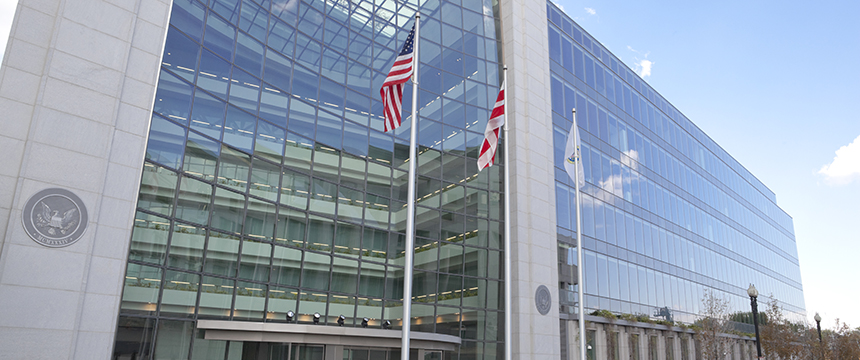
On March 31, 2021, the SEC’s Division of Corporation Finance and Acting Chief Accountant issued separate public statements concerning Special Purpose Acquisition Companies (“SPACs”). In these recent statements, the SEC is putting private companies on notice of the myriad of regulatory requirements they will be subject to after becoming public companies. Whether coordinated or not, these statements continue to signal the SEC’s increased scrutiny of SPAC transactions.
The Division of Corporation Finance’s statement focuses on the “accounting, financial reporting and governance issues” that private companies should consider prior to undertaking a business combination with an SPAC. Of note, the statement highlights the following:
- SPACs, as shell companies, are subject to certain restrictions including a requirement for the acquired business to file financial statements four business days after the completed business combination; the combined company will be ineligible to incorporate Exchange Act reports and proxy statements by reference on Forms S-1 for three years; the combined company will be ineligible to use Form S-8 to register compensatory securities for a period of time; and the combined entity will be an “ineligible issuer” under Securities Act Rule 405 for three years.
- Combined entities will be subject to the books and records and internal control requirements of the Exchange Act and private companies must use advance planning and investment in resources necessary to have these systems in place.
- Combined entities must be prepared to satisfy quantitative and qualitative listing requirements to remain listed on national securities exchanges.
Similarly, the Acting Chief Accountant’s statement highlights key considerations “related to the unique risks and challenges” for a private company entering the public markets through an SPAC business combination. The statement notes that in the first two months of 2021, both the number of new SPACs and amount of capital raised has already matched 75% of the SPAC activity from last year. Some takeaways from the Acting Chief Accountant’s statement include the following:
- Private companies must be prepared to meet financial reporting and listing requirements prior to the business combination.
- Combined entities should have the personnel and processes in place to produce high quality financial reporting.
- Combined entities must be prepared to maintain internal controls over financial reporting (“IFCR”) and disclosure controls and procedures (“DCP”).
- Combined entities should have competent board and audit committee oversight which includes having independent directors.
- Combined entities need to prepare for having audited financials in accordance with PCAOB standards by public audit firms registered with the PCAOB.
With the proliferation of the number of SPACs in the market, the SEC is also expected to increase its enforcement scrutiny of SPAC transactions. The SEC will likely scrutinize any failure to disclose conflicts of interest or other material information associated with SPAC transactions. Additionally, misstatements and omissions in registration statements filed in connection with SPAC transactions could result in private securities lawsuits. For questions about the litigation and enforcement risks associated with SPACs, or questions about an SEC enforcement matter, please contact a member of Foley’s Securities Enforcement and Litigation Team.


